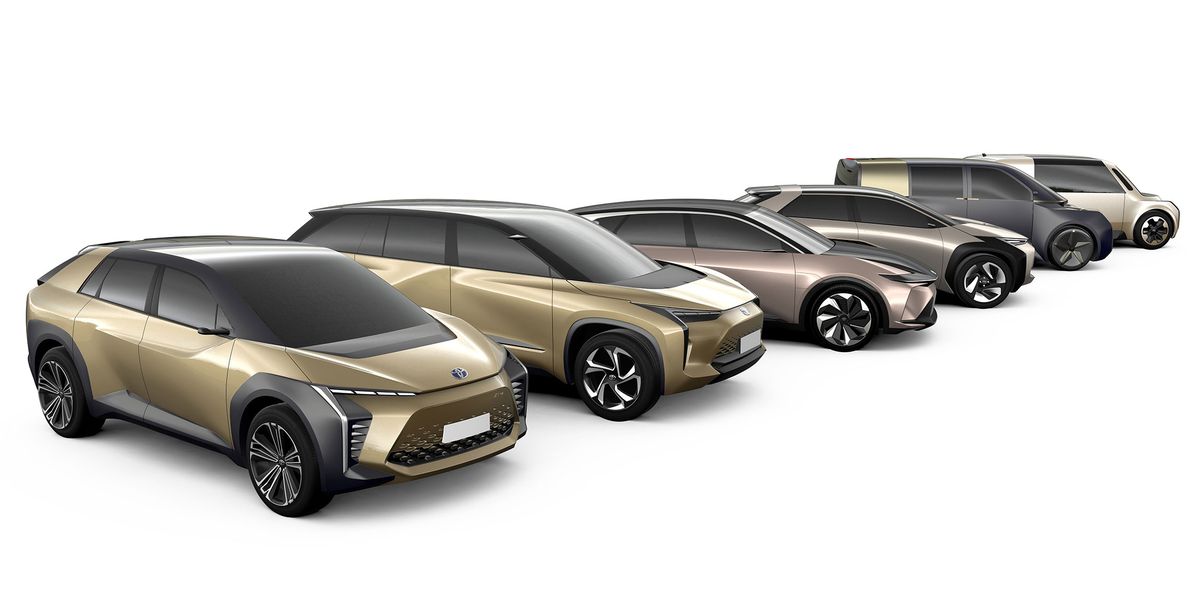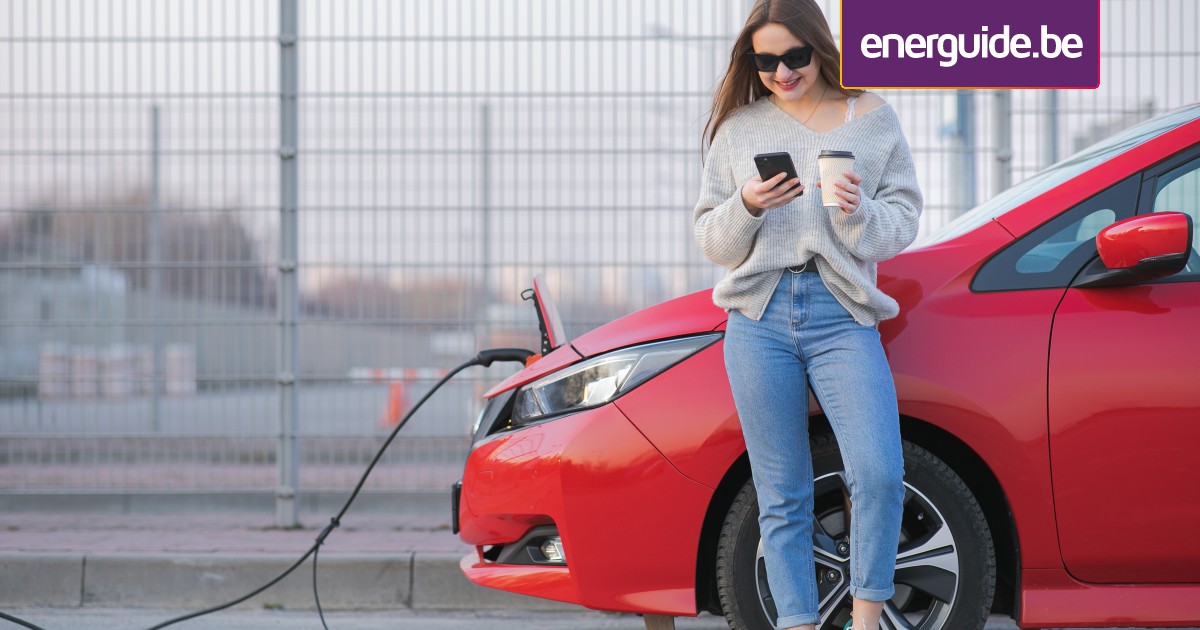internalaudit
Expert
- Messages
- 1,228
- Reactions
- 1,180
Toyota is way ahead of any other carmaker in the world when it comes to solid-state battery research and patents. I'm surprised this Tesla / Goodenough solid-state battery story hasn't received more media attention. The only way I see Tesla beating Toyota on this is if Elon Musk takes his usual "move fast and break things" attitude and makes his early adopter customers beta testers for SSB technology.
Goodenough invents. Some bigger player commercializes.
Speculation is they've been working together for a few years now based on those YouTube videos I shared. Makes perfect sense for EM to tout his million miles battery around the same time Goodenough says he's got a breakthrough. Also how can the Roadster carry 200 KwH battery unless it is this next gen battery. Plaid reported to have been 350 pounds lighter maybe because of the new pack being tested.





